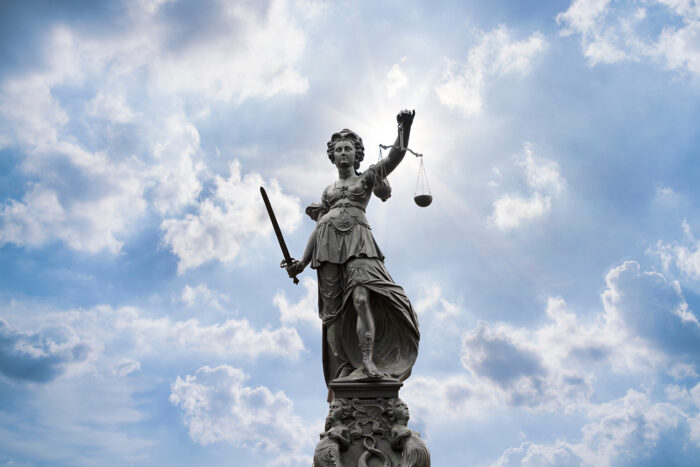During the keynote speech delivered on 24 January 2025, the President of the International Criminal Court (ICC), judge Tomoko Akane addressed the challenges faced by the court in light of the recent executive order sanction issued by U.S. President Donald Trump, stating “what we have before us is a litmus test for our collective commitment to international criminal justice”.
What Is the ICC?
Established in 2002 in the Dutch city of The Hague, the ICC is the court of last resort for holding state leaders accountable when all other legal options have been exhausted in local jurisdictions for any crimes committed from July 2002 onwards.
The Basis for Sanctions
Akane’s presaged the issuance of an official executive order sanctioning the ICC and ICC Prosecutor Kalim Khan in February, which accused the court of:
- creating a moral equivalency between Israel and Hamas by issuing warrants for leaders from both states concurrently;
- endangering Americans by potentially exposing them to “harassment, abuse, and possible arrest”; and
- infringing upon “the sovereignty of the United States” by undermining “the critical national security and foreign policy work of the United States Government and our allies”.
How Sanctions Have Historically Worked
Historically, sanctions have been used as a tool against those responsible for perpetrating serious [international] crimes, so this decision places the US into a position of being seen as tacitly endorsing Israel’s current actions in Gaza – which over the course of 2024 have seen a decrease in global support due to numerous allegations of violations of international law and human rights.
How the Sanctions Against the ICC Will Work
The announced sanctions would place travel bans and asset freezes on ICC members engaged in investigating the US and its allies and would also affect the family members of ICC employees, even if they have no involvement with the US government in any capacity whatsoever.
ICC Responds
In response to the sanction, 79 ICC members issued a joint statement that condemned the executive order, stating “the court serves as a vital pillar of the international justice system by ensuring accountability for the most serious international crimes, and justice for victims”.
Community Responses
The Coalition for the International Criminal Court and more than 150 of its member NGOs and coalitions echoed a similar sentiment, condemning Trump’s sanctions, which they argued undermined the court’s justice-driven mandate.
The concern raised among many legal practitioners and scholars is the signal of continued impunity – consequence-free actions – that this action communicates; that some individuals and states are above the law.
The Legal Fallout
Opinions are divided on what the outcome of the sanctions will be, as some feel that they are purely performative at best, and punitive at worst. Some, however, argue that the sanctions undermine international law.
The Legacy of Never Again
As argued by one group of UN experts, it “is gravely undermining the ‘never again’ legacy of Nuremberg” and “makes a mockery of the decades-long quest to place law above force and atrocity”.
The Economic Fallout
With sanctions also comes economic fallouts. As explained by Adam Keith, the Director for Accountability at Human Rights First, “among the purposes of pushing the sanctions, is to make the ICC or its officials radioactive” to convince banks or other institutions to avoid engaging in any business with “an institution or an institution that has individuals in it that are on the U.S. sanctions list”.
The sanctions could drive clients and relationships away from the ICC and have damaging short- to medium-term financial impacts upon the court.
ICC Undeterred
Despite present challenges, the ICC is undeterred in its mandate. As stated by Philippe Larochelle, President of the International Criminal Court Bar Association at the opening of the 2025 judicial year, “these attempts to undermine the Court only show how necessary and relevant our work remains, while sanctions and threats only reinforce our determination to carry out fair trials…and have a positive impact on the lives of the affected communities in whose names we act.
Not even the President of the United States can stop a determined lawyer.
Key Takeaways
The International Criminal Court remains undeterred in its mandate to seek justice, despite the Trump administration’s recently-announced sanctions against the ICC and ICC Prosecutor Karim Khan. It remains unclear what sort of fallout can be expected from these actions beyond administrative frustrations, but among the international community, the consensus is that it is obstructive to the independence of prosecutors and hinders the work of seeking justice for human rights violations.



